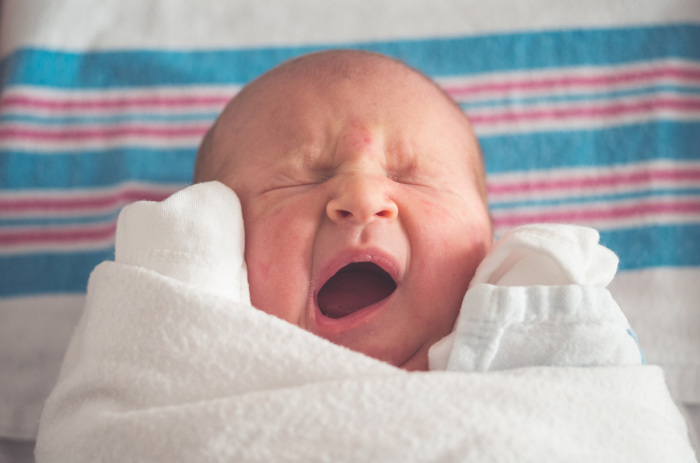‘In the creation of a three-parent baby, two other embryos are destroyed’

The news that eight babies with the DNA of three people have been born in the U.K. has been greeted by some as a great step in the fight against genetic diseases, but others are concerned about the ethical implications, which involve the destruction of two living embryos to create a third.
The eight babies were born in the last five years and were created as part of an attempt to spare them from mitochondrial disease. The disease affects around 1 in 5,000 babies in Britain and can cause developmental, metabolic and neurological disorders.
Only women with a high risk of passing on the disease to their children were eligible to undergo the process of creating a triple DNA baby. In all, 22 women underwent the procedure, but only seven became pregnant, with one having twins, representing a success rate of 36%.
The experiment has been hailed as a success, as all the babies were free from mitochondrial disease. Sky News reports the anonymous mother of one of the children as saying, “The emotional burden of mitochondrial disease has been lifted, and in its place is hope, joy, and deep gratitude.”
There are ethical concerns, though. The implications of being born with DNA from three people have generally been downplayed, as 99.98% of the child’s DNA still comes from the mother and father. The remaining 0.02% comes from a female donor.
Of more concern is the practice of experimenting on and destroying living human embryos.
Catherine Robinson, spokesperson for Right To Life UK, said, “In the creation of a three-parent baby, two other embryos are destroyed, which means two individual human beings have their lives ended to create a third.”
Robinson expressed concerns about requests by the Human Fertilization and Embryology Authority (HFEA) to extend the point at which human embryos can legally be experimented on from 14 days to 22.
“Human embryos should never be experimented on, but it is even more disturbing to see the HFEA make the case for doing experiments on them even further into their development,” she said.
“At around 22 days, the central nervous system is formed and by 28 days, the developing heart can sometimes be seen beating, the brain has begun to develop, and a baby’s eyes, ears and nose have begun to emerge.”
This article was originally published at Christian Today

















